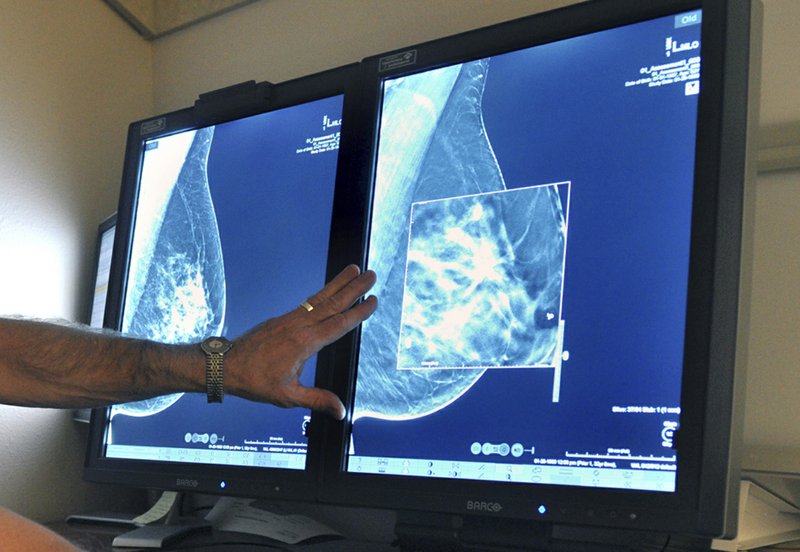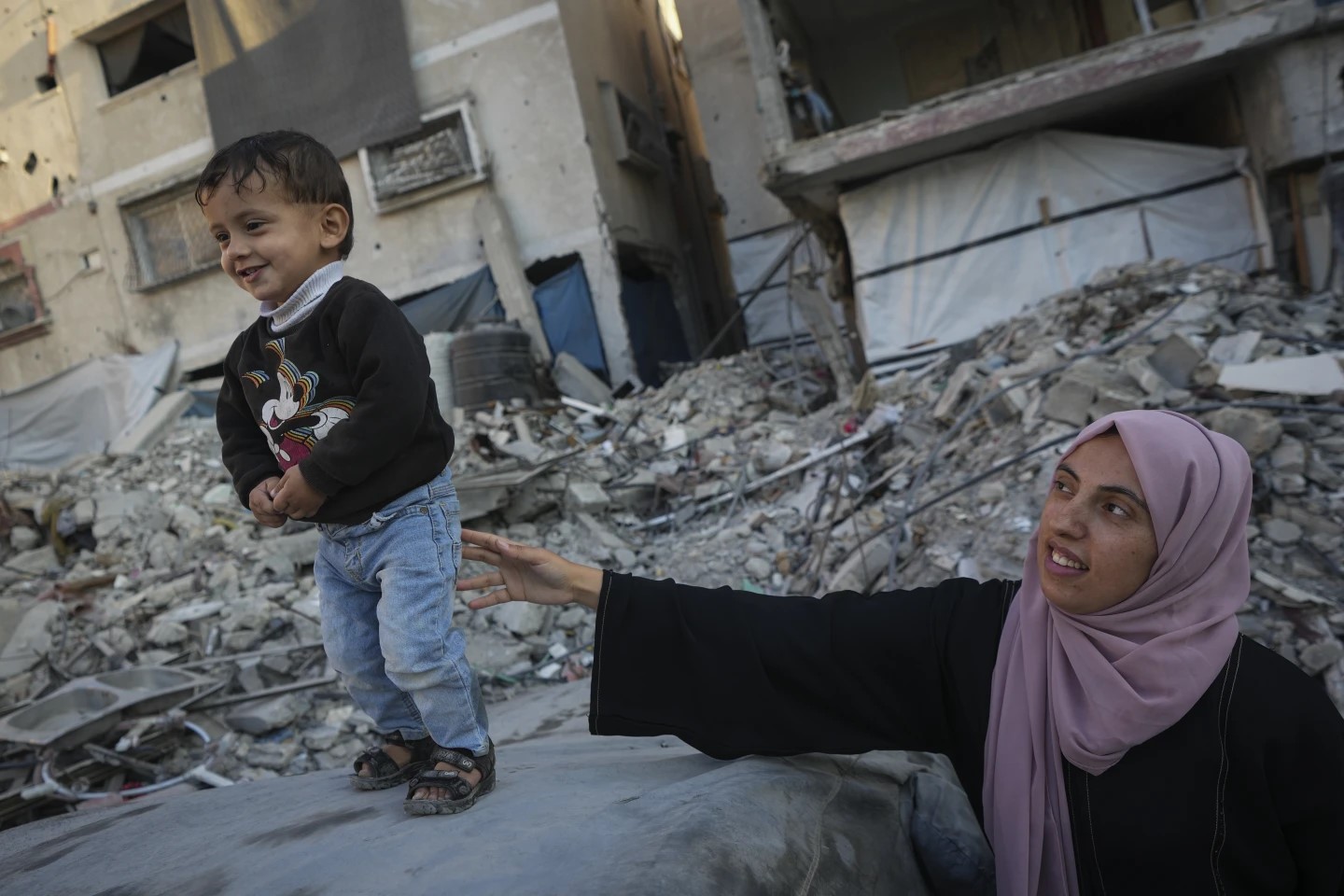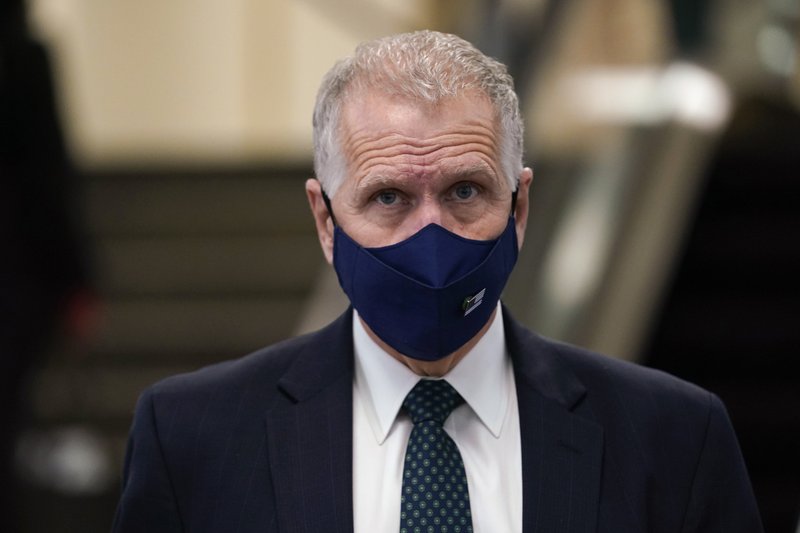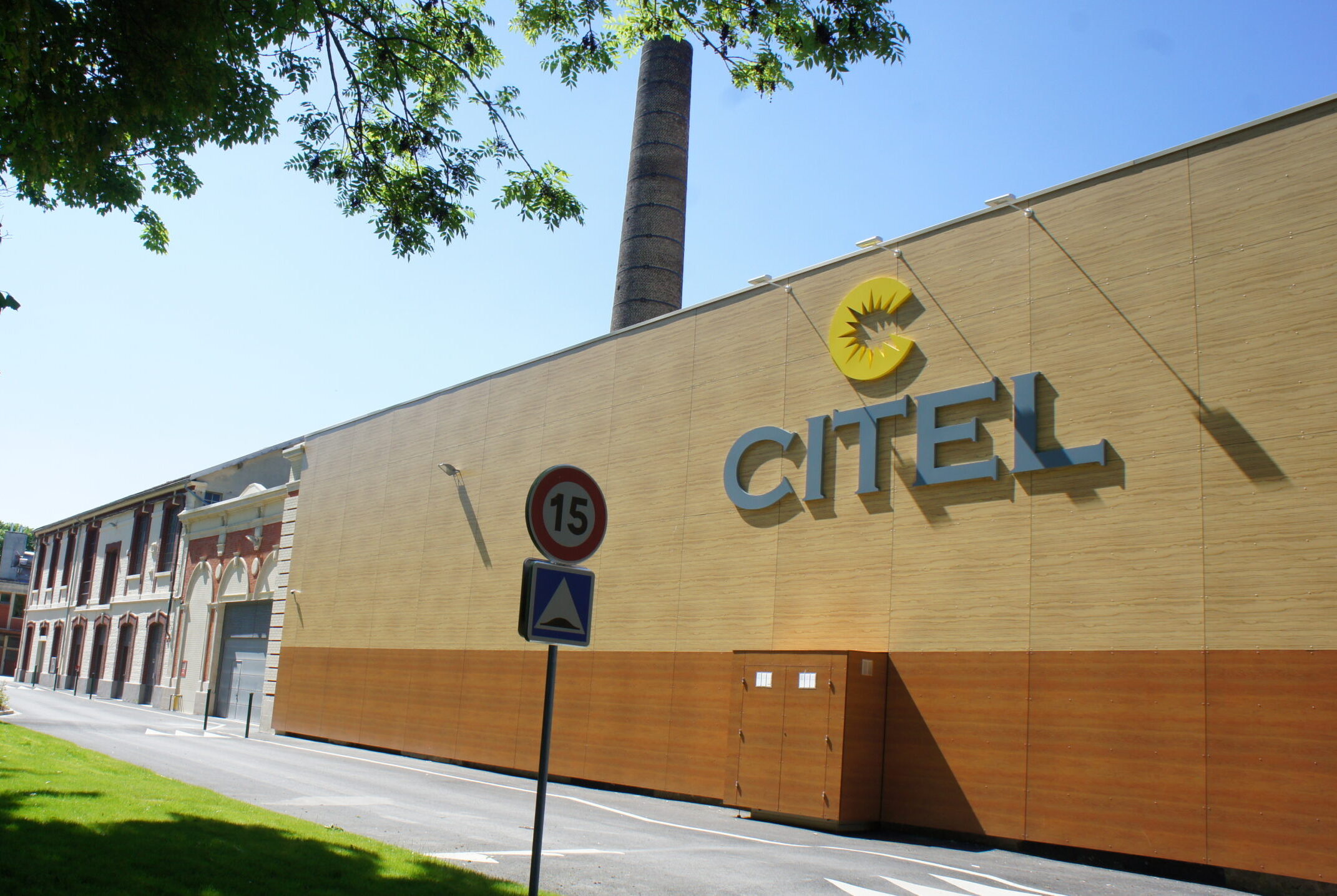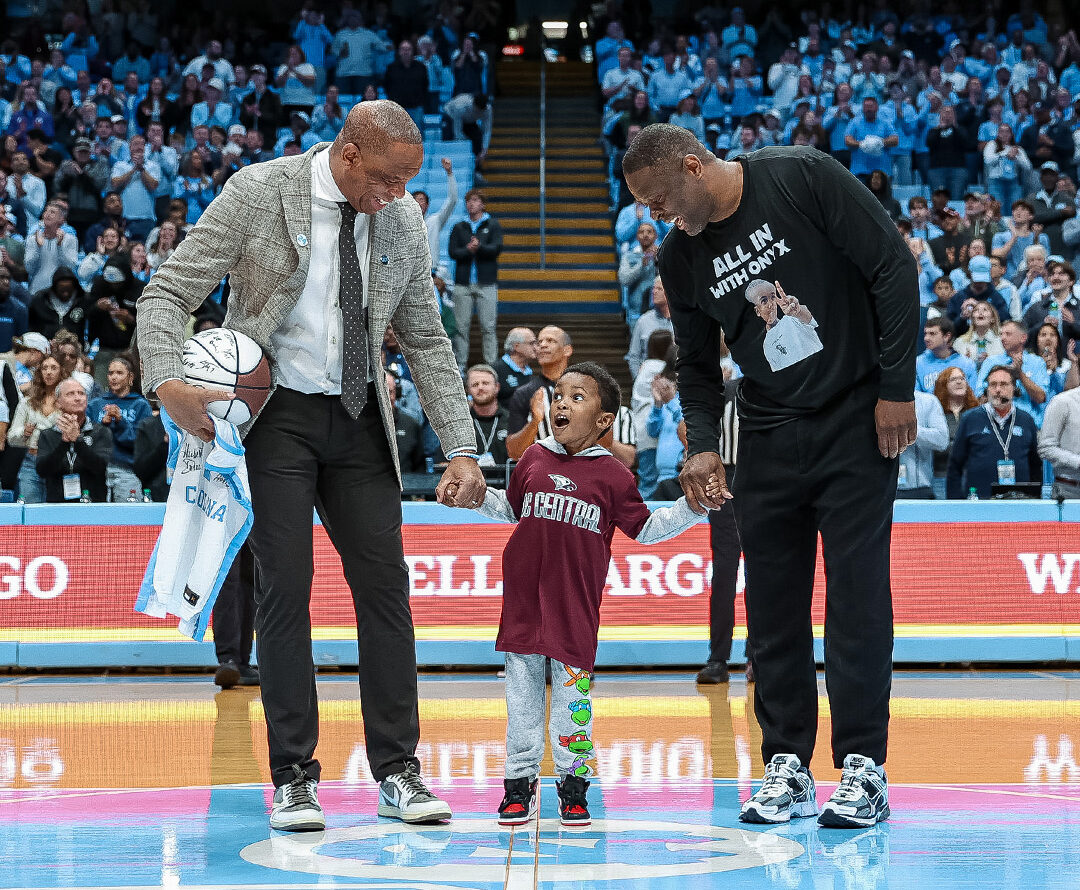It is medically undisputed that the most crucial factor of cancer survival lies in early detection. However, during this time when so many Americans are hesitant to visit their doctors’ offices in fear of exposure to COVID-19, the window for early detection is closing for those at-risk.
To make cancer screenings more efficient and effective, one North Carolina company is creating a new early detection test that can detect more than 50 types of cancer with one simple blood draw.
GRAIL is a healthcare company whose mission is to detect cancer early. Dr. Joshua Ofman is the Chief Medical Officer. He said GRAIL was founded in 2016 to develop new technology, detect cancer in its early stages and, ultimately, save lives.
“We’ve been fighting a war against cancer for decades,” Ofman said. “It’s not a war that we’re winning despite tremendous advances in cancer therapeutics and diagnostic tests. So, the reason why we’re losing is because we’re detecting most cancers too late in their advanced metastatic stages and outcomes are very poor when that happens.”
Ofman said nine out of 10 people are alive in five years when their cancer is detected early, but only two out of 10 are alive when cancer is detected late in its metastatic stage – when it has spread to a different part of the body from where it started.
In order to more effectively screen for cancer, GRAIL has created a multi-cancer early detection blood test called Galleri. In its clinical studies, Galleri demonstrated the ability to detect more than 50 types of cancers and identify where in the body the cancer was located with high accuracy and a false-positive rate of less than one percent.
Ofman said, right now, it is only commonplace to screen for five out of the 100-plus known cancers – and even those screenings have been disrupted by the pandemic.
“Current screening tests for breast cancer, colorectal cancer, cervical, prostate and lung are designed to find those cancers early,” Ofman said. “During the pandemic, what the National Cancer Institute and others have reported is that there’s been a real precipitous falloff in people going for those cancer screening tests – and they’re predicting that’s going to result in many more deaths from cancer.”
The National Cancer Institute recently estimated that missed cancer screenings during the pandemic will result in well over 10,000 additional deaths over the next decade solely from breast and colorectal cancer.
Cancer is currently the second leading cause of death in the U.S. after heart disease, however it is projected to become the world’s leading killer next year. According to the World Health Organization, the number of global cancer deaths is projected to increase by 45 percent between 2008 and 2030.
Hofman said about 70 to 80 percent of cancer deaths in this country are occurring because healthcare facilities are not screening enough or as frequently as they should.
“Lung cancer and pancreatic cancer and ovarian cancer and stomach cancer – these are lethal cancers that we are not screening for today,” Ofman said. “So are feeling is that we need to dramatically increase the number of cancers we are screening for and dramatically increase the cancer detection rate.”
Despite the pandemic and the fear that may prevent people from going to routine check-ups, Ofman said cancer screenings are still just as important as ever.
“I know people are fearful of going to these doctor’s offices and healthcare settings, but I just would keep encouraging people to do their cancer screenings because if we can find cancer early that is your best chance for a successful outcome and potentially a cure,” Ofman said.
Ofman said GRAIL’s multi-cancer early detection technology, Galleri, will be introduced to the mainstream market next year.
Lead photo via Torin Halsey/Times Record News via AP.
Chapelboro.com does not charge subscription fees. You can support local journalism and our mission to serve the community. Contribute today – every single dollar matters.

